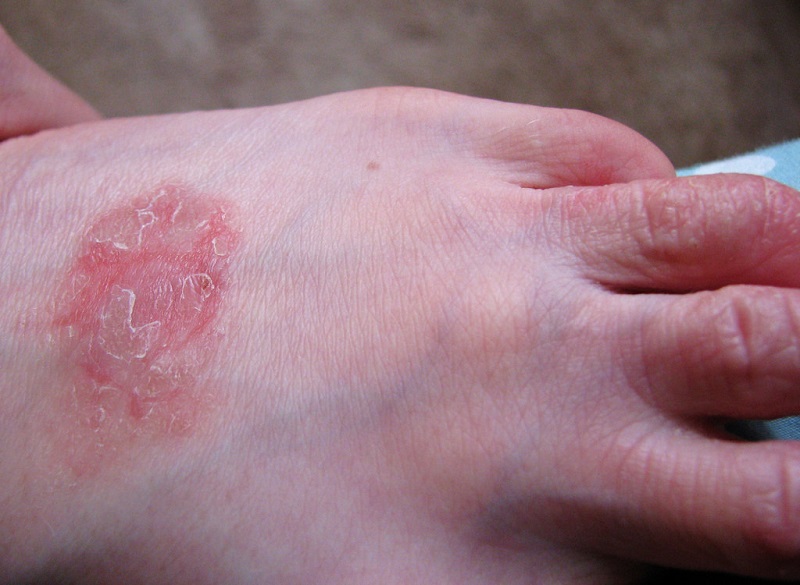Quick Tips on how to treat Eczema scars
Scarring caused by extreme cases of Eczema can be a source of constant discomfort to the affected. The scars left can lead to low esteem and even influence the type of clothing one can wear. Currently, there is no surefire solution to these scars. This is not to say all hope is lost.
Home routines and health practices can significantly help to reverse the effects of scratching and restore a healthy or smooth skin, or at least make the skin appear less scarred.

Here are some eczema skincare tips that will help treat or minimize the scarring:
Measures and Remedies to Treat Scars
Avoid Scratching
It is understandable to feel the need to scratch the scarred area constantly. This is a habit that you should try to resist, or at least take measures to restrict yourself. This is not just for people with remaining scars, but also for those who can see the onset of eczema taking over their body. Many researchers suggest that you can use cbd oil for eczema to treat the redness and reduce itching. You can also trim your nails short to prevent you from inflicting damage to your already sensitive skin.
A natural moisturizer made of products such as cocoa butter, aloe vera, or castor oil can also be applied to the affected areas to reduce the need to scratch. It may also be a good idea to avoid using detergent soaps that contain a variety of chemicals. You could get skin-friendly washing powder and other similar products from brands such as Hudstone which could be used instead of these chemicals.
Apply Castor Oil
Castor oil, which is rich in essential fatty acids and absorbs fast into the skin, is excellent at healing scars. You have to apply it to the scarring part of your skin and massage it for about three minutes before you go to bed every evening. After a while, the scar will start to heal.
Take an Oatmeal Bath
Oatmeal contains antioxidants and anti-inflammatory properties, which will reduce the itching and swelling of the scarred areas.
You should add two cups of oatmeal powder to a warm bath and soak in it for about thirty minutes to give it time to seep into your skin. Repeat this process twice a day until you start to see some results.
Washing with Apple Cider Vinegar
Apple Cider Vinegar is known for its antiseptic and antibiotic properties. Combined with its exfoliant nature, Apple Cider Vinegar makes a suitable solution for treating scarring.
Dilute a small amount of Apple Cider Vinegar with water, apply it to the part of the skin affected and let it sit for a few minutes then rinse it off with water. This will help reduce dryness and itchiness.
You can also add Apple Cider Vinegar to your bath water to exfoliate and soothe your skin. Plus, if you mix four spoonfuls of it with raw honey (which can be purchased from Gold Bee Nutrition) in a glass of water taken 2-3 times a day will not only help with your skin quality but will also boost your immune system.
Lighten with Lemon Juice
In some cases, the scarring may remain as black spots that could refuse to go away. Lemon juice can help in lightening such skin. You should apply fresh lemon juice on the affected area twice daily, letting it sit for fifteen minutes, after which a soothing effect can be felt.
All the above organic skincare routines are a great guide to treating the scars. But remember that every skin differs. You should feel free to try a different approach, maybe a medical one (check out City Beauty reviews here), if you’ve been trying one method for a long time and it’s not producing results.
If your scarring persists, pay a visit to the dermatologist to determine where the problem lies.
